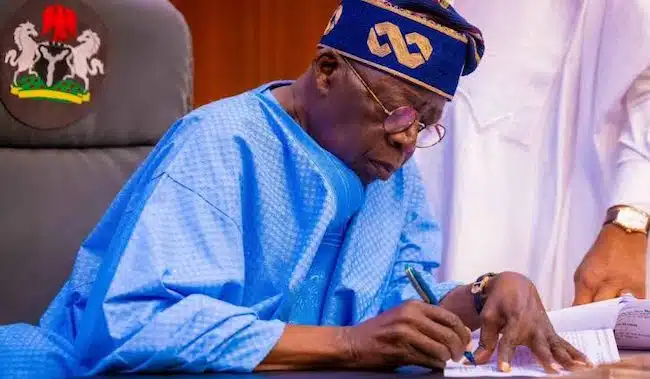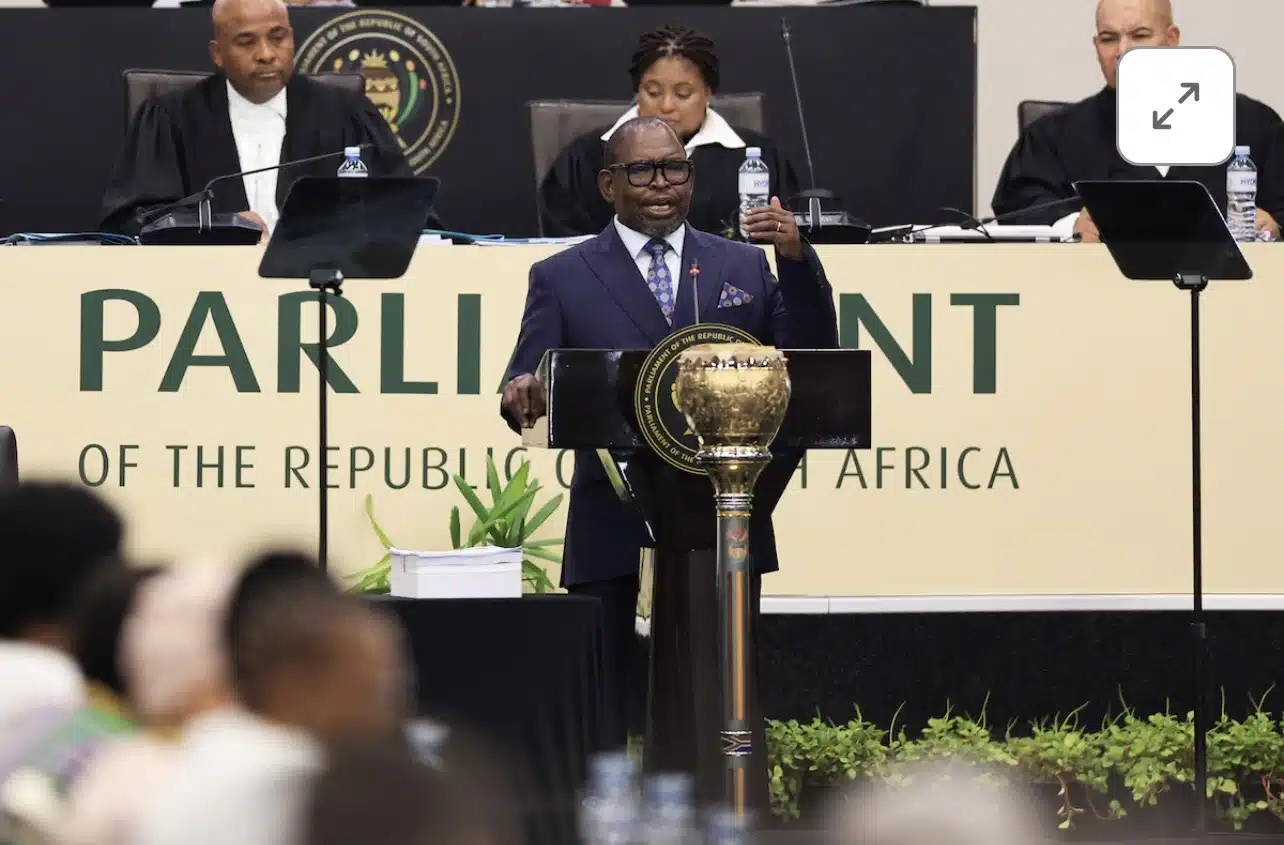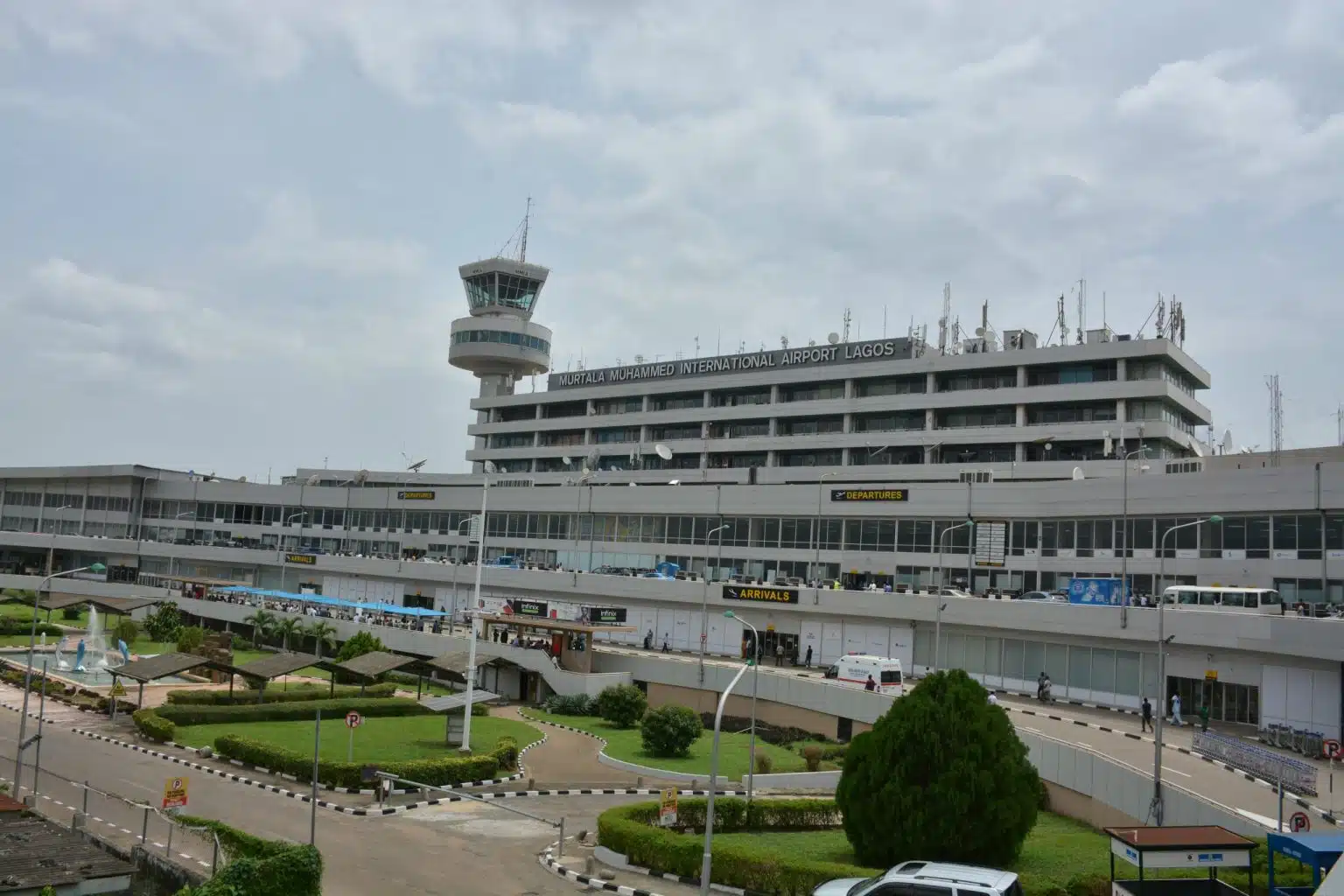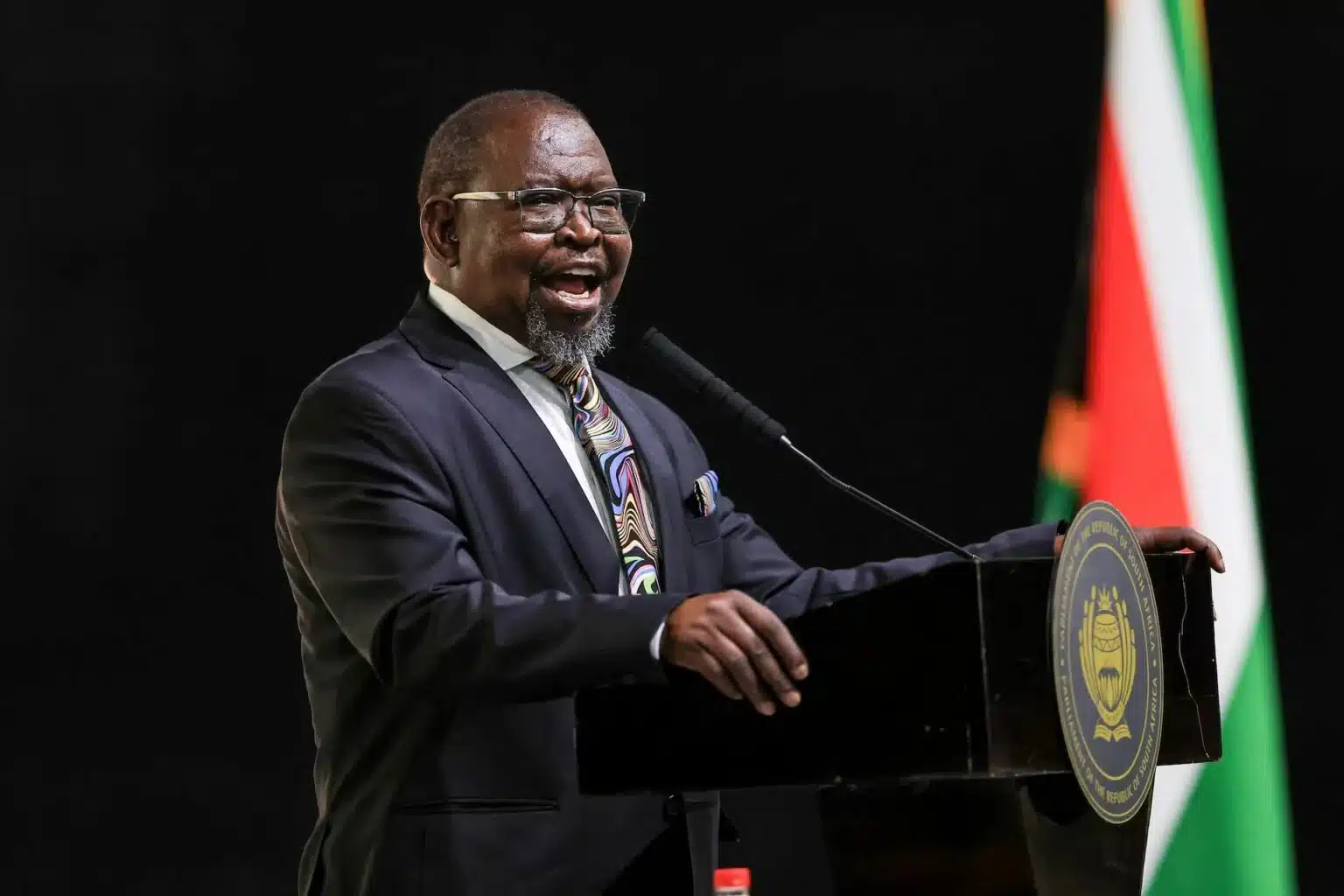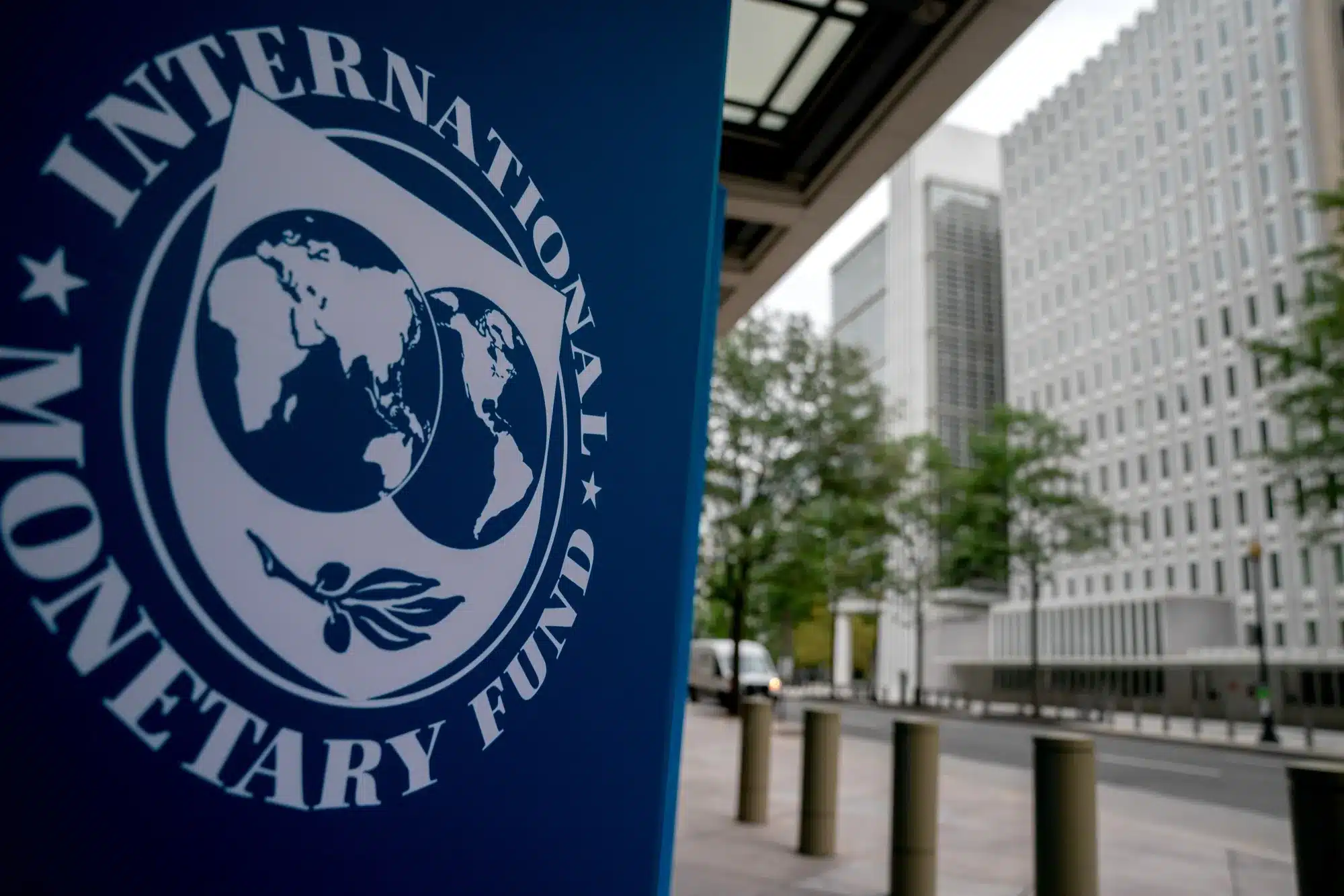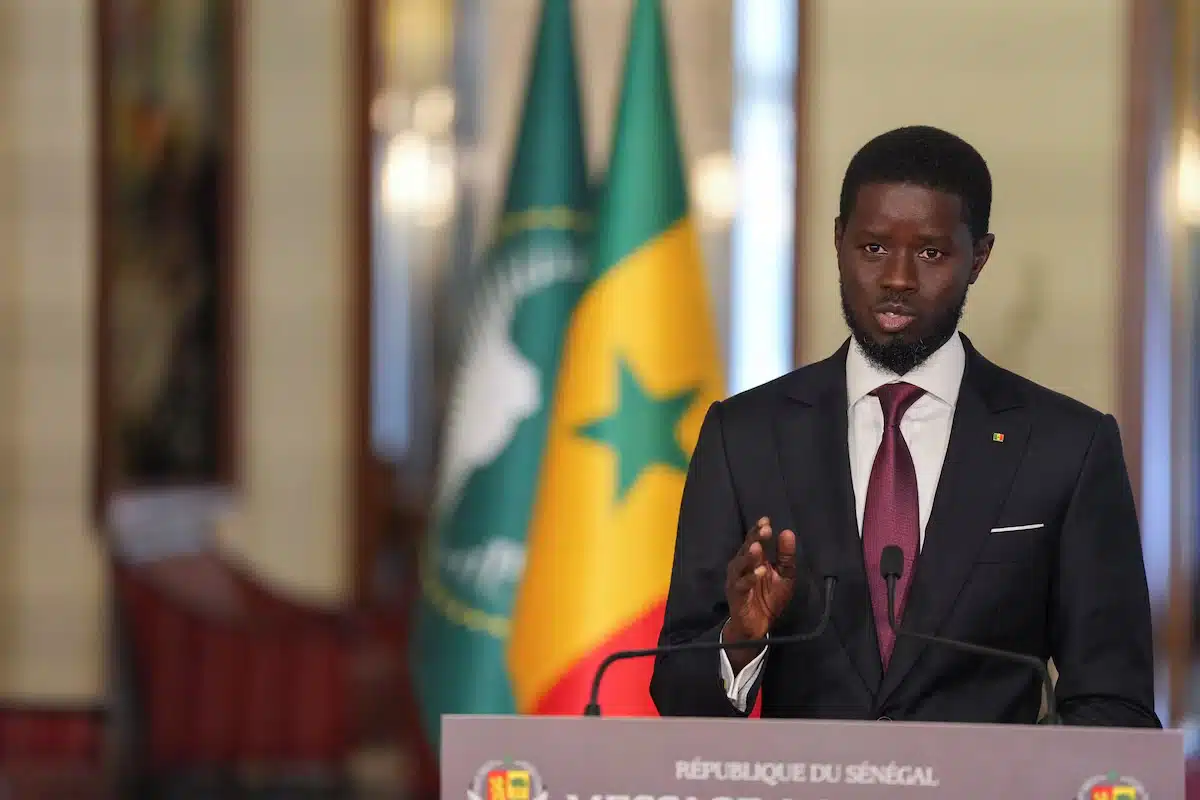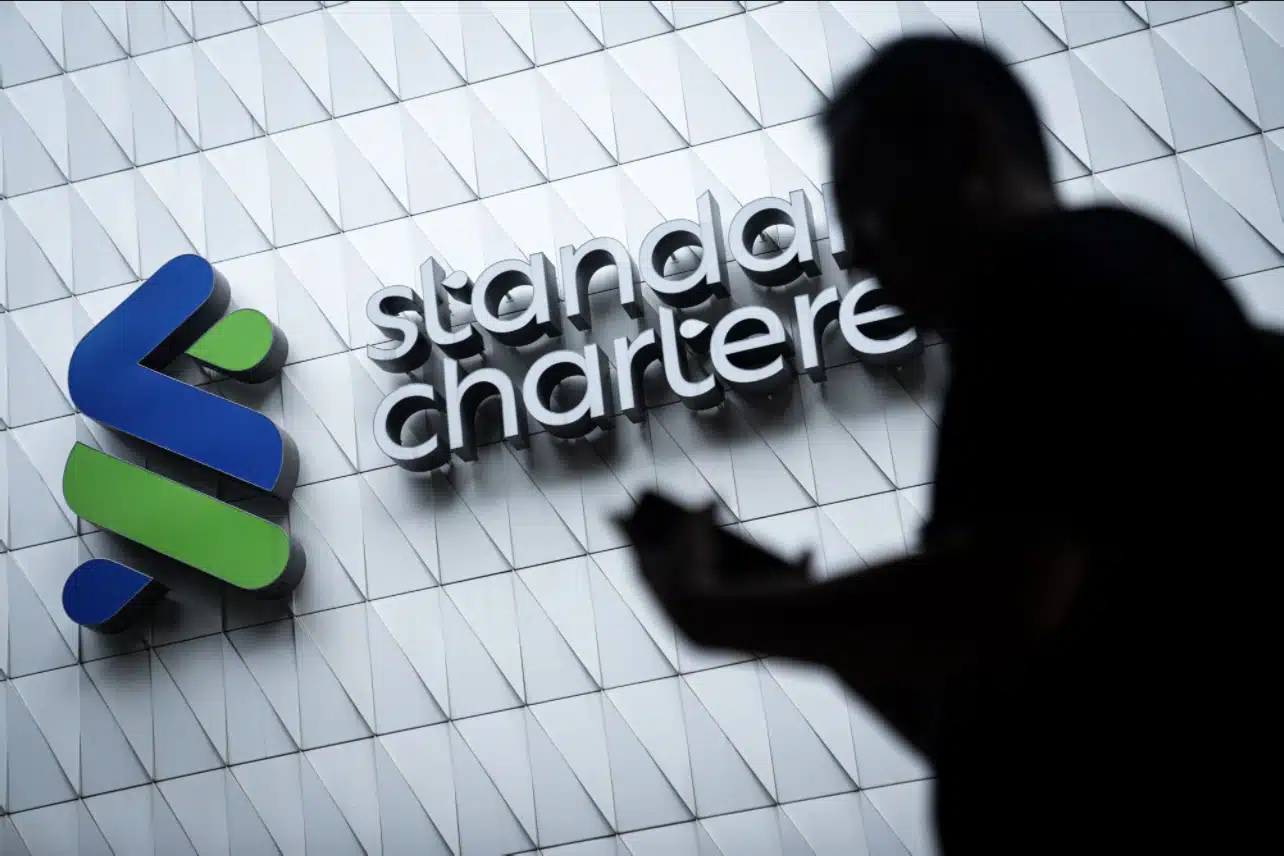Since President Bola Tinubu took office in May 2023, Nigeria has scrapped eight tax measures spanning telecoms, plastics, imported goods, and expatriate employment, as part of efforts to ease pressure on households and businesses.
This was revealed by Taiwo Oyedele, Chairman of the Presidential Fiscal Policy and Tax Reform Committee, at an interactive session with journalists and public analysts, held in Lagos on Friday.
The session aimed to clarify and raise awareness of the government’s sweeping tax reforms, set to take effect on January 1, 2026. While attention has centred on the newly gazetted rules in recent weeks, less focus has been given to the taxes that have been erased.
“Some taxes which were introduced by the previous administrations have in fact been reversed or suspended including the 5% levy on airtime and data, cybersecurity levy on bank transfers, carbon tax on single-use plastics, excise tax on vehicles, and so on,” Oyedele said.
He added that, contrary to the misconception about imposing a higher tax burden or introducing new taxes, the current administration is reducing both the number of taxes and the burden on citizens and businesses.
More details on the scrapped taxes
Green levy on single-use plastics
Barely two months into his tenure, Tinubu scrapped a 10% charge on plastic bottles and containers imposed by the previous administration. The measure was meant to lower consumer costs but was condemned by environmental groups, who warned the reversal would worsen plastic pollution.
Nigeria generates about 2.5mn tonnes of plastic waste annually, much of which ends up in waterways, according to official data.
Expatriate employment levy
Launched on February 27, 2024, the levy was frozen less than two weeks later, on March 8, after consultations with stakeholders. Set between $10,000 and $15,000 per worker depending on skill level, it raised concern among investors who feared it would deter foreign capital at a time the government was trying to steady the naira.
0.5% cybersecurity charge
A planned levy on electronic transfers was cancelled by the Central Bank of Nigeria a day before its scheduled rollout on May 20, 2024. Framed under the amended Cybercrime Act, the fee marked a steep jump from the previous 0.005% rate and extended to banks, fintechs and payment providers.
The backlash from unions and the public forced its withdrawal as inflation soared to a 30-year high.
Import adjustment tax
The import adjustment tax, which took effect on June 1, 2023, required vehicles with engines of 2 to 3.9 litres to pay 2% of their value, while those above 4 litres attracted a 4% charge.
The Tinubu government halted the scheme in July 2024 in line with the president’s pledge to dismantle overlapping and unfriendly fiscal measures.
Zero duty and VAT relief on food and drugs
That same July, the Nigeria Customs Service began enforcing a presidential directive granting 0% duty and Value Added Tax exemptions on selected food staples to tame surging prices.
An executive order also waived import levies on essential medical supplies, after evidence showed hospitals faced charges of 5% to 25% on critical inputs. The food relief, however, expired last December, with no clarity on whether it will return.
Financial Reporting Council (Amendment) Act
In June 2024, Tinubu suspended the 2023 amendment that had required large private firms designated as Public Interest Entities to remit between 0.02% and 0.05% of turnover as regulatory dues, without an upper limit. By contrast, listed companies were liable for a flat ₦25 milion. Business groups branded the disparity unfair, prompting its rollback.
5% telecoms levy
The tax on data and voice services, imposed in 2022 under former President Muhammadu Buhari, drew sharp opposition from operators and consumer advocates who said it would hurt digital access. Initially paused in 2023, Tinubu’s government formally scrapped it last month, offering relief to millions of mobile users.
4% Free on Board import levy
The government also suspended a 4% Free on Board levy on all imports in September, following intense backlash from traders and industry experts.
The charge, introduced under the 2023 Customs Act to replace two existing import fees totalling 8%, was meant to fund a Customs Service modernisation drive but instead drew fire for stoking prices and worsening living conditions amid elevated inflation.
Tax cuts and consolidation
As the government moves to remove regressive tax rules, it is also working to broaden the tax base without placing excessive strain on citizens or the businesses.
Central to this agenda is the Nigeria Tax Act, one of four reform bills signed by President Tinubu in July, which seeks to consolidate the country’s fragmented tax regime into a single harmonised statute.
According to the Tax Reform Committee, the ongoing restructuring will reduce more than 60 separate taxes and levies to fewer than 10, easing compliance, curbing duplication and creating a more predictable fiscal environment.
Together with the Nigeria Tax Administration Bill, the Nigeria Revenue Service Bill, and the Joint Revenue Board Bill, the new laws are designed to transform tax administration, boost revenue, and improve conditions for investment.
“The objectives of the reforms have been clear from the very beginning: reduce the tax burden, harmonise and simplify rules to address multiplicity, and promote a modern, globally competitive tax system,” Oyedele said at the meeting. “Our approach is people-centric, growth-focused, and efficiency-driven.”

